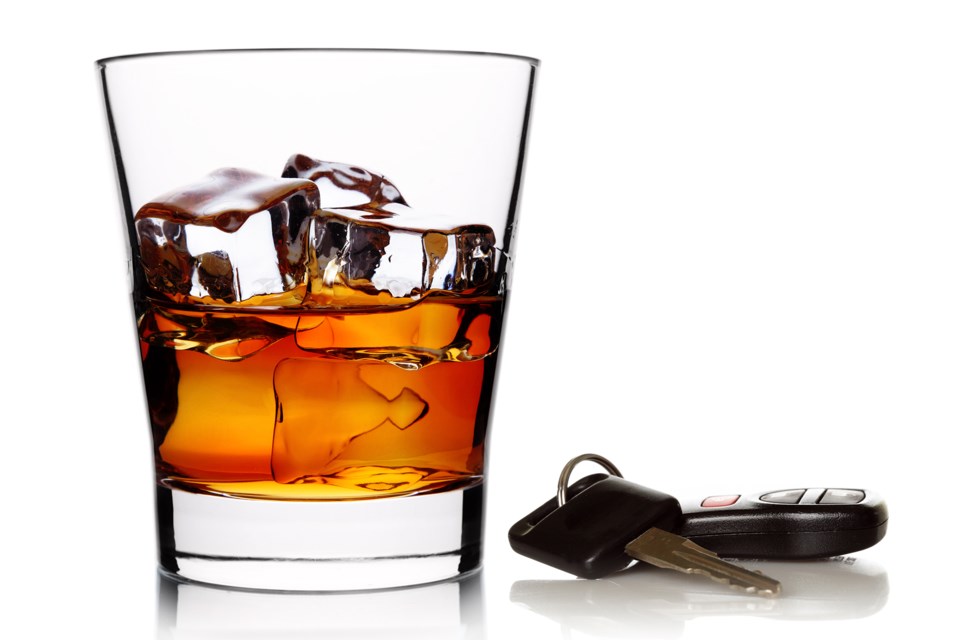LAKELAND - Summer has arrived and many people are making the most of the warm weather to socialize with others. However, people should also think ahead to how they will get home safely. Collisions involving impaired drivers tend to happen more often during the summer months than the rest of the year. Impaired driving is preventable when drivers plan for a safe ride home.
“Alberta RCMP Traffic is committed to enhancing public safety by reducing harm and hazardous behaviours on Alberta roadways through strategic partnerships, enforcement, education and crime reduction initiatives," says Cpl. Trevor Schmidt of the Alberta RCMP St. Paul/Vermilion Traffic Services Unit.
Facts about impaired driving:
- In 2019, about one in eight drivers involved in a fatal collision was legally impaired at the time of the crash.
- Impaired driving collisions most commonly occur at night. Between 2015 and 2019, about half (49.8%) of impaired driving casualty collisions occurred between 7:00 pm and 3:00 am.
- On average over the last five years, over 4,500 people were convicted of impaired driving in Alberta each year.
Cannabis
- Research shows cannabis use can reduce many cognitive and motor skills required to drive safely, such as tracking, reaction time, visual function, concentration, short-term memory, and divided attention. Combining cannabis with alcohol further intensifies the effects on driving skills, even if the doses of either substance are low.
- The effects of consuming cannabis edibles take longer to kick in and last much longer than inhaling the drug. It may take up to two hours to feel effects, which can last 12 hours or longer.
- According to Health Canada’s 2021 Canadian Cannabis Survey, 21% of people who had used cannabis in the past 12 months reported they had driven within two hours of using cannabis, and 35% of those respondents did so within the past 30 days.
Alcohol
- Alcohol affects can affect your judgment, vision, tracking, reaction time, visual function, concentration, divided attention, attention span, coordination and balance, all of which are required to safely operate a motor vehicle.
- You can’t determine you own level of impairment.
- Under Bill C-46, police officers are able to demand that any lawfully-stopped driver provide a preliminary breath sample without reasonable suspicion that the driver has consumed alcohol.
Medication
- Prescription medications may also legally impair your ability to operate a motor vehicle. Ensure that you read warning labels on over the counter medication and prescription drugs.
- Ask your doctor/pharmacist about whether the medication impairs driving.
- Ask you doctor/pharmacist about the effects of alcohol combined with the drugs you are taking.
- Consult the Canadian Medical Association’s Driver’s Guide.
For more information about impaired driving, frequently asked questions and provincial penalties please visit: https://www.justice.gc.ca/eng/cj-jp/sidl-rlcfa/



